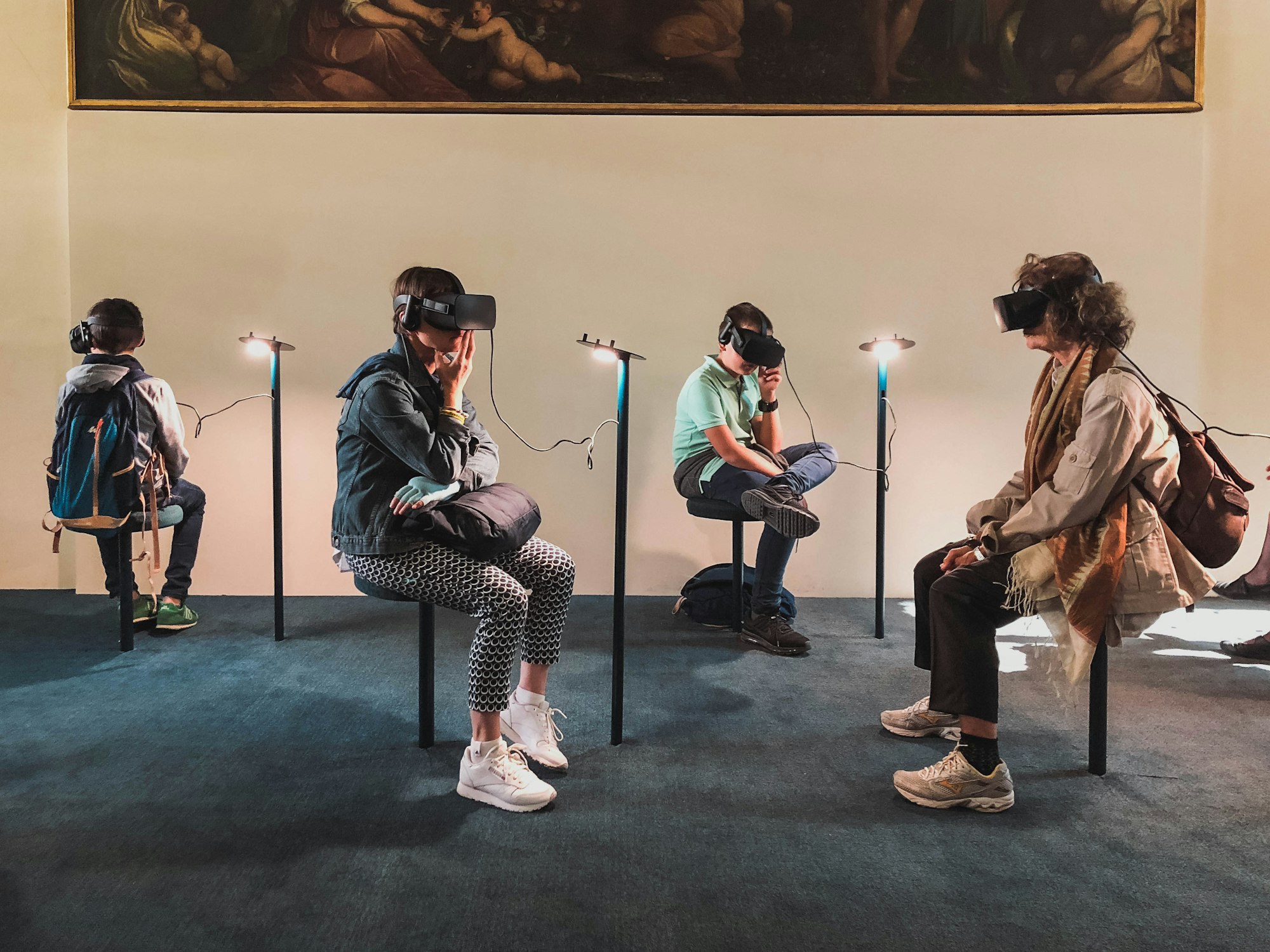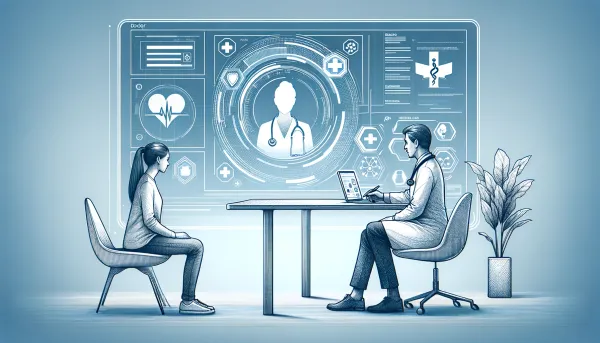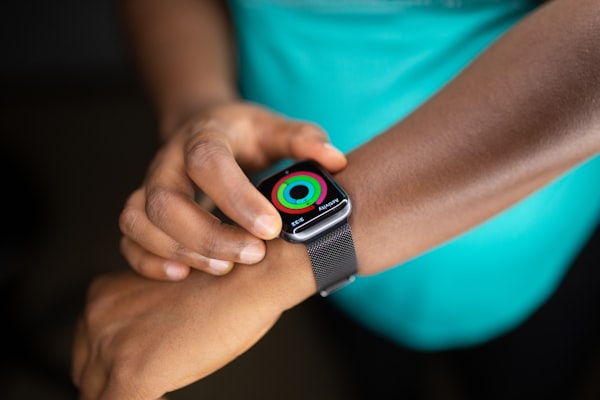How To Practice Medicine Online
The tech world is obsessed with digital nomads. This is a little more difficult to achieve in healthcare. But still, there are options.

If you’re just a little familiar with today’s tech trends, you know that being a “digital nomad” is one of the most valued ideas or goals an online entrepreneur can strive for. For those who aren’t, a digital nomad is someone that works online and travels the world while doing it. Or at least they’re not dependent on the location.
For example, the founder of Ghost, John O’Nolan, built a company with over $3 million of annual revenue with every employee working remotely and effectively being a digital nomad. In other words, it’s in full swing. And in 2020 and 2021 work from home received a boost and digital nomadism will likely follow.

That’s a little more complicated in the healthcare sector, though. So, this issue is about exploring some examples of nomad physicians and how one could potentially become a digital nomad and why (not).
In life, you can optimise for freedom of time, freedom of location, satisfaction and impact, and money. Every job has these in different proportions. Traditional medical practice doesn’t offer freedom of time and location but does a relatively good job of the other two.
This is what the internet offers. By practising medicine online you can theoretically have more freedom of time and location. But your impact is probably not as great as in a hospital. It comes down to what you want.
For example, Dr Claire Young fully optimised for the freedom of location. She sees her patients on beaches, in deserts, jungles and remote villages of South America. She travels the world with her husband and remotely working as a doctor in the USA. You can learn more about them on their website and blog called This Big Road Trip.
On the other hand, someone like Peter Attia found a different mix but is maybe not the best example of a digital nomad. He does have a clinical practice, but also hosts a podcast and does a few other things in medicine. He can reach a wider audience with this podcast and thus have a greater impact. The podcast is a way of sharing and scaling his impact.
Another example is Dr Alexis Shields, who offers online consultations and has a “naturopathic” approach. Patients book a consult, get their blood work done, and she provides them with a personalised plan for longer and healthier life. As much as the “naturopathic” approach may not be for everyone, she does attempt to find the root cause of illness or ill-health and correct it.
If doctors don’t want to go into building their environment for online practice, some services do this for you. Doctor on Demand connects people to online physicians 24/7 and is “a covered benefit for over 98 million Americans by their health plan or employer”. They provide personalised urgent care, behavioural health, preventive health and chronic care. Because of their technology and approach doctors can work from anywhere they want - from home, office or another location.
Another commonly known company is Babylon. One part of it is that they offer online doctors’ visits, but also leverage and expand their reach with their app, which acts as a symptom checker. Clinicians work independently and are supported by Babylon. I’m not certain if one can become a nomad by being employed at Babylon, but it definitely has more freedom than a regular hospital job.
On the flip-side, we ask ourselves if working remotely online as a physician is really worth it? At the end of the day, one of the common reasons for becoming a doctor is helping people and the most effective way of doing that is still in person.
However, there’s also the option of travelling around the world and working in different countries in person. In a sense, this is nomadism, although very non-digital. The language barrier is obviously the greatest problem, but some agencies already do that. Nomad Health currently focuses on matching nurses with jobs across the USA. They recently raised $34 million to expand their operations. And in the future, they’re planning to do something similar for physicians.
There’s definitely a future for (digital) nomads in healthcare. In my opinion, a portion of doctors will be working online full-time in the future. For me personally, a mixture of both in-person and virtual medical practice is perfect.





